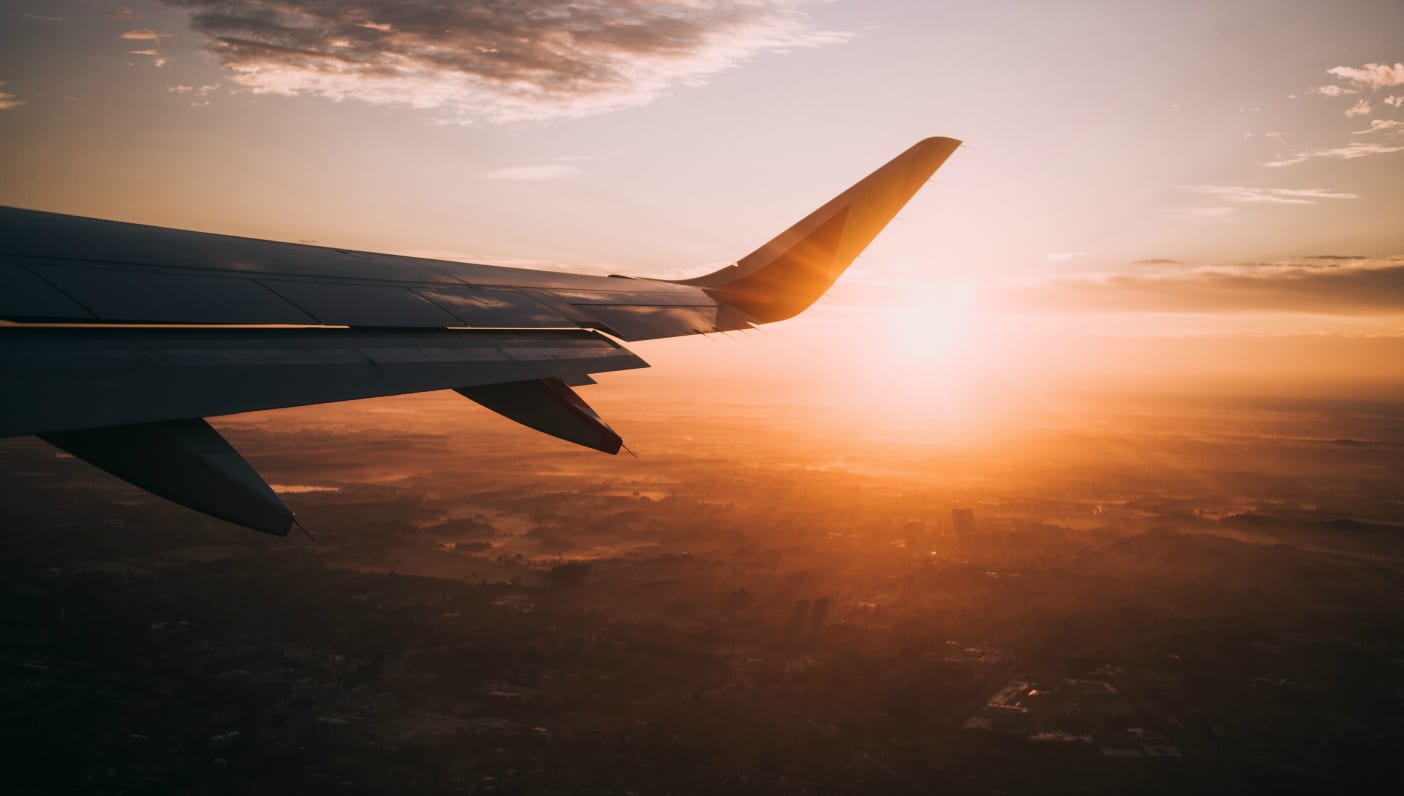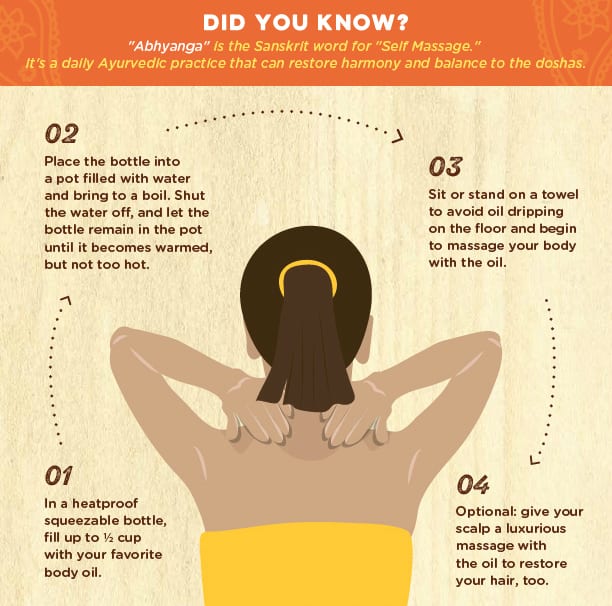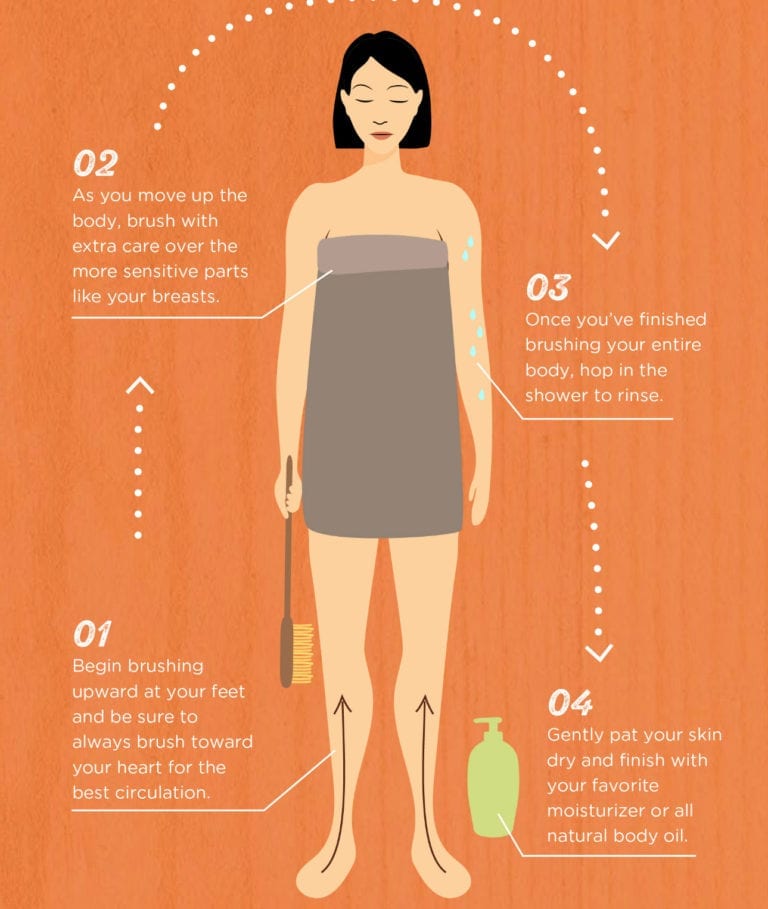
If you’re reading these words, it’s likely because you have a strong desire to cultivate your best self through exploration. What better way to explore—and to learn important lessons about yourself—than through travel? From the shores of Lake Tahoe at Wanderlust Squaw Valley to the finish line of Wanderlust 108 in Madrid, our community has been spreading that yoga magic across the globe and back again.
But let’s be real: Traveling nonstop can wreak havoc on the routines that help to keep you balanced and healthy, so you’re not only refreshed but able to keep crossing those miles. According to renowned yoga teacher, Ayurveda expert, and Blissology co-founder Insiya Rasiwala-Finn, it’s all about routine when it comes to maintaining balance in the body and mind while traveling. Routine primes our organs to do their job in the most efficient way, which benefits us as it does not cause us physical discomfort. Instead, it offers us ease and a sense of flow.
“When we travel and our routines go out the door,” says Insiya. “Our bodies must play a guessing game as to how they can best support us. This is why we often feel tired after traveling, even when we haven’t done much more than sit in one seat.”
Travel, According to the Doshas
According to Ayurvedic thought, when we travel in an airplane at high speed, change time zones, or find ourselves in new cities every night, the Vata dosha—the principle of air and movement—is heightened. Excess Vata will feed on the excitement of travel, which can result in a sense of spontaneity in the immediate, but it can also cause anxiety, a sense of un-groundedness and, in the body, irregular digestion and bloating.
So how can we maintain balance on the road? From the moment you arrive at your new destination, you have an opportunity to invite in balance and set your mind and body up for success. Whether you are Vata-, Pitta-, or Kapha-dominant, Insiya has a few ideas for simple Ayurvedic practices that can help maintain balance, no matter how you’re traveling or where in the world you are.
Not sure what your dosha is? Take this quiz by Ayurveda expert Sahara Rose. Let us know yours in the comments below!
Tongue Scraping
Tongue scraping is a wonderful way to stimulate the digestive system and remove excess toxins your body detoxifies through the mouth while sleeping. You are also able to view the coating on your tongue, which is a direct reflection of what you ate the previous day.
“If there is a thick heavy coating, which can often happen after a long journey where one has been sedentary for too long or if you’ve eaten heavier or richer food, it is a good reminder to watch what you eat today with more care,” Insiya explains.

Daily Abhyanga (Self-Massage)
Daily Abhyanga will become your new favorite traveling and self-care ritual. By calming the nervous system, this practice acts as a balm and soothes the entire body and mind while assisting in helping us maintain good digestion.
“To practice Abhyanga,” says Insiya, “take the warmed oil in your hands and apply on your entire body from extremities to the heart using gentle and light touch. As you apply the oil, send yourself love and allow yourself a pause in your day. Fit this into your schedule either in the morning or at night ideally before a bath.”

Dry Brushing
Dry brushing is the ultimate way to stimulate the lymph system and jumpstarts the body’s detoxifying mechanism. This is especially helpful after a long journey and too much time sitting in an airplane or car or train. Insiya suggests traveling with just the head of a dry brush in your carry on and do this right before giving yourself an oil massage.

Dosha-Specific Travel Practices
Now that you’ve packed your dry brush, oil and tongue scraper, it’s time to get specific. Each dosha is unique and requires practices that keep your mind and body in alignment. Here are Insiya’s favorite dosha-specific practices.
Vata Travel Practices: Vata tends to feel ungrounded and anxious very quickly while traveling.Try to stay away from salads and favor warm foods like soup or veggie bowls, and stay warm by wearing enough layers especially on an airplane. Bring lavender oil to put on the temples and pulse points to soothe and calm.
Pitta Travel Practices: Pitta-dominant people can easily lose their cool when travel doesn’t go as planned, so it is important to remind yourself that the journey is part of the destination! Insiya recommends packing loose-fitting, light-colored clothing to keep the body and the aura cool and allow air flow. Natural fabrics are so good for Pitta in particular. Be sure to carry cooling and raw foods like raw veggies and leafy green salads, and pack rose oil to dabb on the temples, pulse points, and around the neck.
Kapha Travel Practices: Kapha can easily become lethargic and tired especially with long flights or car rides. Insiya recomments eating moderately and drinking cold-pressed veggie juice to help with alertness and focus, and avoiding dairy or meats while traveling to stay more energized (unless you have a power yoga class scheduled in between!). Bring eucalyptus oil for the pulse points to alleviate upper respiratory congestion which Kapha is prone to.
Slow Down and Pause
The best thing about traveling could be that it invites us to explore things we may not otherwise in our everyday lives. Insiya notes that part of this is enjoying the sacred pause—and that Ayurvedic practices and rituals can help to encourage this. When we take the time necessary to find presence in our new environment and nourish our bodies, we’re able to decrease the stress that resonates within the body and mind and make the most out of each journey. From this space, finding your true north remains an exciting adventure we can’t wait to explore.
—
